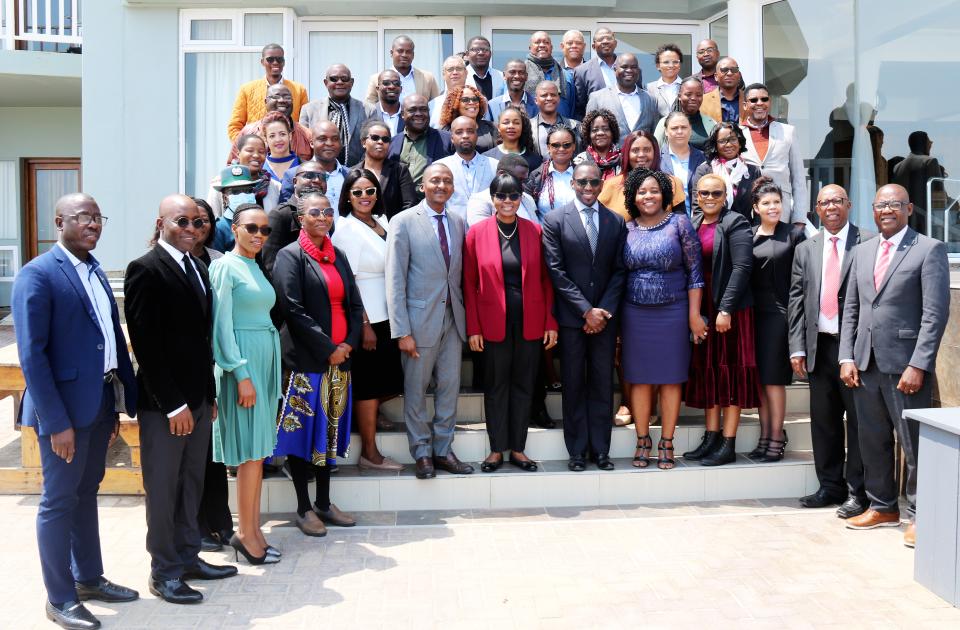Department Resources
7th MYCM Media Visa on Arrival Request Form
ECOWAS LABOUR MIGRATION STRATEGY AND ACTION PLAN (2025–2035)
The African Union Commission (AUC) envisions “an integrated continent that is politically united based on the ideals of Pan Africanism an
Highlights of the cooperation with the GIZ-project “Support to the African Union on Migration and Displacement”
Violent extremism is a global issue.
Agenda 2063 is Africa’s development blueprint to achieve inclusive and sustainable socio-economic development over a 50-year period.
7th MYCM Media Visa on Arrival Request Form










